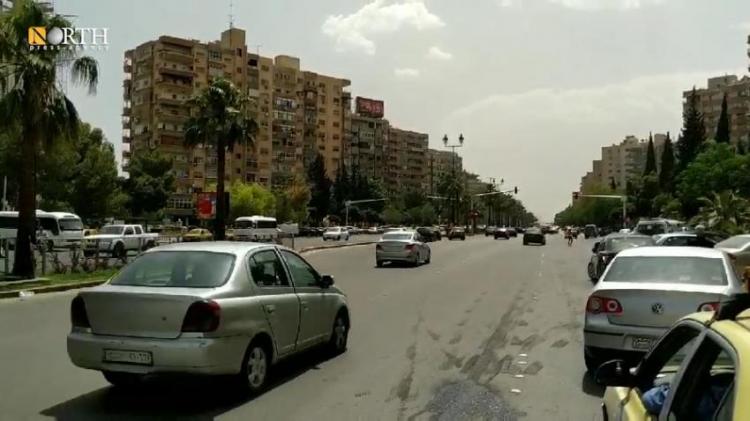Idlib developments reflected in Libya, Syrian army may re-launch military operation – analysts
Damascus – North-Press Agency
Military expert Ali Maqsoud linked the political and field developments in northwestern Syria to developments in Libya and what is being prepared for in order to conclude an agreement between the conflicting parties.
Maqsoud, who resides in the capital Damascus, pointed out in an interview with North-Press that Turkey tried to implement its commitments related to the agreement signed between the Russian and Turkish presidents at the beginning of March to "get rid of the fighters and send large numbers of them to Libya."
The expert said that there is "a clash between the projects of countries in Libya and a change in their stances, which sometimes comes in favor of Field Marshal Khalifa Haftar (leader of the Libyan National Army) and other times in favor of the government of Fayez al-Sarraj (head of the Government of National Accord), and sometimes to achieve a political settlement between the two sides."
"The change and alteration of the Turkish positions in Idlib, in addition to the violations committed by armed groups, which disrupted the opening of the Aleppo-Latakia highway by destroying two bridges, apart from their impeding of the movement of joint Russian-Turkish patrols, in the end allowed these countries to take advantage of the time margin to change their positions in order to achieve a balance in the Libyan field that is being negotiated in Germany," he said.
Maqsoud believes that everything currently taking place in Idlib and Libya comes in the context of preparing and improving each party for negotiations, "before the start of the political process for Libya,"
adding that "all of this is linked to changes on the international scene due to implications and repercussions of coronavirus."
Regarding the future of the Idlib area and the frequent targeting of joint Russian-Turkish patrols recently, political analyst Khaled al-Matroud from Damascus indicated the possibility of returning to military solutions in the event that Turkey does not fulfill its pledge in Idlib, and in the event of failure to stop violations by the armed groups in the area.
Al-Matroud said in an interview with North-Press that Russia, when it agreed to the ceasefire agreement in Idlib, was reliant on the principle of “what can be taken by force can be taken with politics as well,” so Moscow preferred the language of understanding at that time and gave way to the recent agreements.
He held Turkey responsible for any attacks that affect Russian patrols in the region, noting that Russia will knock on the door of Turkey, which sponsors and supports armed groups that hinder the implementation of all agreements.
Al-Matroud added: "Of course, Russia will have a political position and will turn to the military one if needed. Russians will not tolerate the violations of the militants, especially after stopping the military operation in Saraqeb that the Syrian army achieved with Russian support, because the Syrian government also wanted to provide an opportunity for political solutions ".
"The Russians know that the Syrian army will complete its military operation in Idlib, and with Russian support, if the implementation of the agreements signed March 5th is stalled," the political analyst said.
Over the past two weeks, two joint Russian-Turkish patrols were targeted and pelted with stones near the town of Ariha within the Hayat Tahrir al-Sham (HTS, formerly Jabhat al-Nusra) controlled areas, which forced the patrol to stop the course and return to its point of origin.
The Russian-Turkish agreement signed on the 5th of March in the Russian capital Moscow includes the implementation of a ceasefire and the start of joint patrols between the two parties on the M4 highway, starting from the town of Tarnaba west of Saraqeb to the village of Ain Hour in the countryside of Latakia, in preparation for the opening of the Aleppo-Latakia (M4) highway to traffic.

